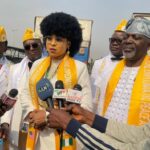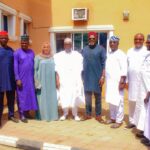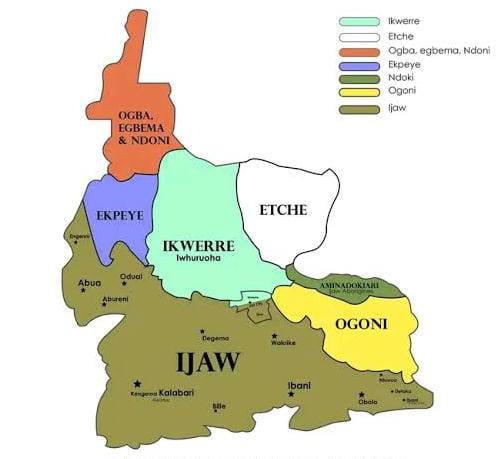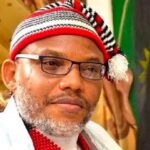The Ijaw Progressive Union of Aborigines (IPUA), has issued a stark reminder of the persistent neglect faced by their community despite being situated in a resource-rich region.
Speaking candidly during a recent interview, the Executive Coordinator, Mr. Amaye Asiaye Amakor, highlighted the urgency of addressing environmental degradation, lack of basic amenities, and inadequate health services in Ijaw communities.
Mr. Amakor lamented what he described as decades of federal neglect, while resources extracted from their land fuel development in other parts of Nigeria.
“There has been no significant impact or attention given to our community even though the entire country benefits from the resources that come from our land,” he said, stressing the absence of essential infrastructure such as clean drinking water, electricity, and functional hospitals.
According to Mr. Amakor, the health crisis is particularly alarming, with multiple deaths occurring monthly in his hometown alone due to preventable causes linked to poor environmental conditions, including pollution and contaminated water from rivers, which residents are forced to use for drinking.
“People fetch water from the river where others would never consider it safe to drink,” he stated, connecting these harsh realities to a high mortality rate in his community.
Despite efforts to engage federal and regional authorities—including appeals to the presidency, state governors, and the Niger Delta Development Commission (NDDC)—IPUA’s calls have largely gone unanswered.
Mr. Amakor described the government’s response as minimal and mostly symbolic, with little to no tangible action on the ground.
He emphasized the difficulty in engaging government officials due to bureaucratic barriers and unresponsiveness.
Addressing hypothetical representatives of the federal ministries of Environment, Petroleum, and Transportation, Mr. Amakor articulated straightforward demands: the provision of electricity, pure water, and accessible healthcare facilities to their communities.
“If the government invests even a fraction of the resources spent elsewhere into our area, the quality of life here will improve drastically,” he urged.
While acknowledging that the current NDDC leadership is making some progress, Mr. Amakor noted that much of their work benefits urban centers rather than the rural Ijaw communities who are the primary resource bearers.
He accused some stakeholders within the NDDC of prioritizing their regions at the expense of others, leaving Ijaw communities marginalized even within their own states.
IPUA sees itself as a beacon for change in a region that contributes around $15 billion annually to Nigeria’s development but remains deprived.
“We are a minority in most of the states we belong to, and our voices are drowned in the state governments’ agendas,” Mr. Amakor explained.
The activist also commended Governor Douye Diri of Bayelsa State and Senator Seriake Dickson, stressing that both men have been vocal advocates, emphasizing the exclusion of the Ijaw community from meaningful participation in the polity.
“They have frequently spoken out asserting that despite the Ijaw’s significant resource contributions, the community remains sidelined in political decision-making and equitable development, and have always urged the federal government to address this historic and systemic neglect”.
He appealed for more equitable resource allocation and genuine inclusion in national development plans.
Concluding, Mr. Amakor warned of the dangers of continued neglect, stressing that mobilizing government trust through responsible use of resources should translate into real development in Ijaw communities.
“If only 10 percent of the funds spent on other projects were directed here, we would be okay,” he said.
The IPUA’s call is a poignant reminder of the unresolved socio-economic and environmental challenges facing Nigeria’s oil-bearing communities and the urgent need for inclusive development to bridge long-standing inequalities.











